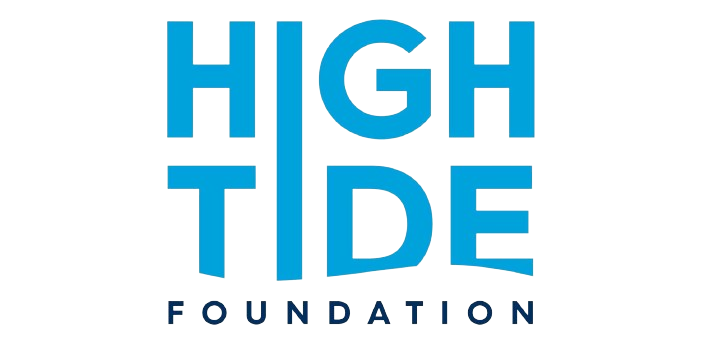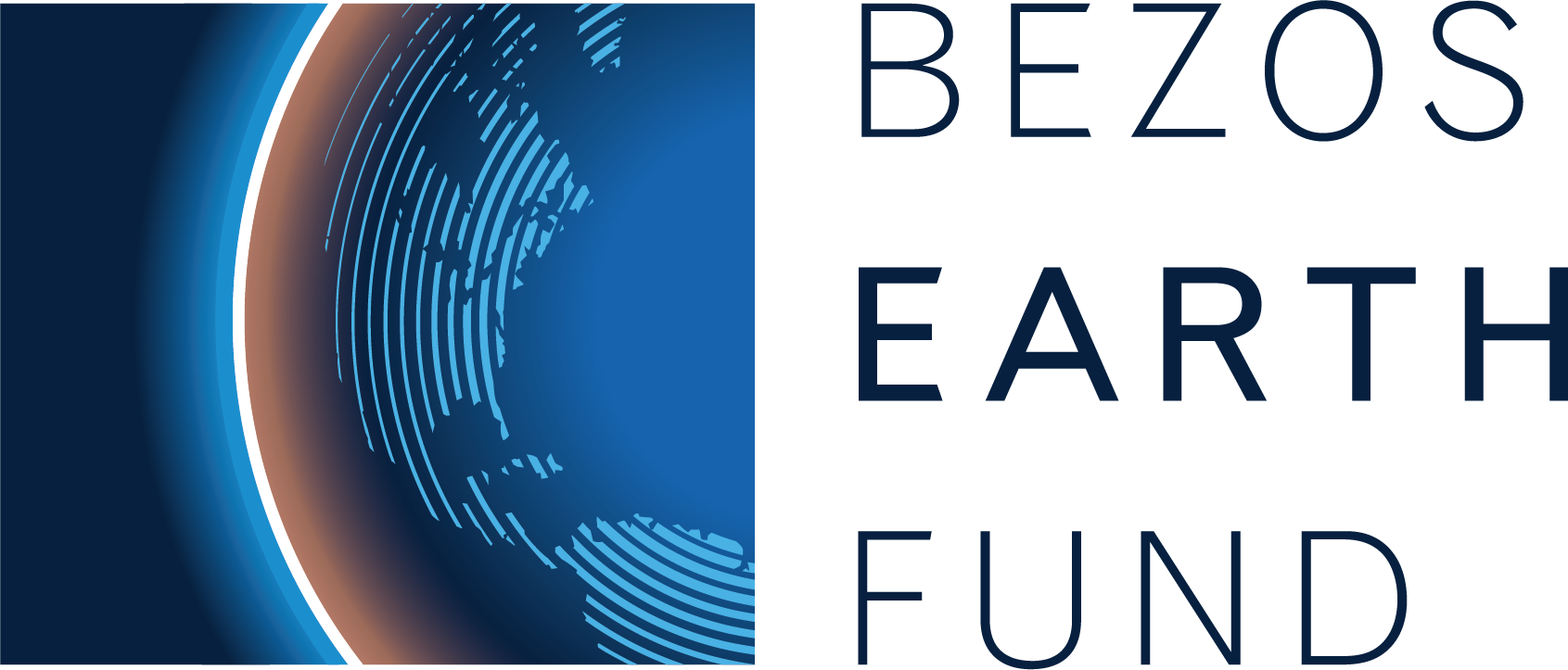High-integrity carbon markets are now a powerful tool in the climate action toolkit
Written by ICVCM
Published
6 min read
As global leaders, civil society representatives and corporates gather at New York Climate Week, the growing momentum behind high-integrity carbon markets is well underway.
For countries and companies from all over the world and across all sectors, this is a solution worth engaging with—both as it plays a key role in accelerating climate action, but also for the economic and social benefits they bring.
And as extreme weather events worsen, we need to harness every solution available to accelerate climate action.
High-integrity carbon markets offer a strategic opportunity to accelerate innovation, efficiency, and job creation while reducing pollution and building resilience to the impacts of climate change.
Companies across the world are committed to cutting their greenhouse gas emissions. To achieve their targets, they need achievable pathways to enable them to meet them. High-integrity carbon credits provide an important tool to do that.
In a high-integrity scenario, the voluntary carbon market could drive millions of tonnes of emissions reductions and removals each year, enabling companies to take greater responsibility for emissions they cannot yet cut. According to Bloomberg NEF, markets could be worth $1.1 trillion annually by 2052 in a high-integrity scenario – indicating that these markets are a win-win-win for the people, the environment and economies.
The Integrity Council for the Voluntary Carbon Market (the Integrity Council) is an independent, non-profit governance body, setting a global threshold for high integrity. The Core Carbon Principles (CCPs®) assure buyers that credits are based on the latest science, deliver genuine emissions reductions, and bring sustainable development benefits.
The high integrity of the CCP-label is being recognised, with CCP-labelled credits the most in-demand credits on the market, commanding a price premium of up to 25%. According to Patch nearly 40% of buyers are actively seeking CCP-labelled credits, driving up prices and incentivising quality.
48 million credits are now approved to use the CCP label – equivalent to annual emissions of Sweden. And this is only the beginning. Many of the approved methodologies are relatively new and have not begun issuing credits. There are hundreds of millions of credits in the pipeline under these approved methodologies. VCS alone has an estimated 325 million CCP-Approved credits in the pipeline
High-integrity carbon markets bring a range of benefits
From the US to Africa and beyond, high-integrity carbon markets bring a range of potential benefits alongside genuine emissions reductions and removals. Whether through generating jobs and improving livelihoods or supporting early-stage research and development for new technologies in growing areas of the markets, like carbon dioxide removal – there are multiple ways that carbon markets can support communities and economies.
There are 28 carbon project methodologies that are now CCP-Approved: from improved approaches to forestry and land management to capturing methane from landfill sites and converting it into energy; from providing clean cooking equipment in rural Africa to destroying ozone depleting substances from household appliances like refrigerators. A full list of all methodologies that have been assessed or are in the pipeline can be found on our assessment status page. Each credit from a CCP-Approved methodology generates genuine, verified greenhouse gas emissions reductions or removals as well as bringing positive sustainable development impacts.
Innovation is essential. The infrastructure of the market itself also needs to evolve to deliver high integrity through greater transparency. The Integrity Council is working in collaboration with a broad range of stakeholders to harness the latest science, emerging technologies and new approaches to ratchet up ambition both in successive versions of the CCP Assessment Framework and in the broader market through its Continuous Improvement Work Programs (CIWPs).
One of the CIWPs has been looking at market transparency and scalability, recognising that enhanced transparency is a critical element of building trust in the carbon markets. This work program has been exploring how to integrate the best of the financial markets’ infrastructure into carbon markets to allow for seamless movement of capital to high-integrity projects. Improved market infrastructure will drive scale through establishing a robust, transparent market framework that fosters trust and accessibility for both the demand and supply sides of the market.
Technological innovation can help enhance carbon market infrastructure – and is therefore also another potential area for growth in jobs: for example, in technologies like digital measurement, reporting, and validation systems or blockchain-based market infrastructure.
Harmonising standards to increase action
We are seeing governments including the UK, France and Japan along with international institutions like UNEP and the World Bank as well as a range of market actors worldwide referencing and aligning with the CCPs. This is helping create a harmonised global standard for high-integrity carbon credits, which will increase accessibility and allow the markets to achieve their potential climate impacts.
Ahead of COP30, the Integrity Council is speaking at a range of public events and high-level meetings at New York Climate Week to share more details on the momentum we are seeing; to invite stakeholders to engage with our work and build on it to ensure high-integrity carbon markets realise their full potential.
The Integrity Council at New York Climate Week
Meet the Integrity Council at a wide range of public events and meetings during New York Climate Week, including:
Friday, 19 September:
- 11.10am-12.00pm: Brazil Climate Summit NYC – The Forum at Columbia University: Brazil’s Carbon Market Shift. (Introduction by Annette Nazareth, Chair of the ICVCM Governing Board)
Tuesday, 23 September:
- 10.30am-12.00pm: WBCSD Emission reduction accelerator summit. (Mikela Waldman, Senior Manager, Market Engagement, ICVCM)
- 3.00-4.00pm: Climate Advisors: Permanence Panel (Mikela Waldman, Senior Manager, Market Engagement, ICVCM)
- 4.00-6.30pm: VCM+ Roadmap NYCW Launch event. (Annette Nazareth, Chair of the ICVCM Governing Board)
- 5.00-7.00pm: EcoAct: Raising the bar – How business and Policy are shaping carbon markets. (Mikela Waldman, Senior Manager, Market Engagement, ICVCM)
Wednesday, 24 September:
- 10.30-11.30am: IETA Plenary: Market infrastructure to scale carbon markets. (Annette Nazareth, Chair of the ICVCM Governing Board)
Thursday, 25 September:
- 10.10-11.15am IETA Plenary: Voluntary Carbon Market: Building Towards Consensus and Scale. (Chris Leeds, ICVCM Governing Board member (non-voting market representative)
- 12.00-12.30pm New alignments: Climate, Capital, & Common Ground at Princeton University: on building voluntary carbon markets to scale climate solutions. (Keynote talk by Annette Nazareth, Chair of the ICVCM Governing Board)
- 2.40-3.40pm: CDSC/CDOP/CIWP panel. (Mikela Waldman, Senior Manager, Market Engagement, ICVCM)
- 3.00-5.00pm: Columbia Uni Roundtable. (Annette, Chair of the ICVCM Governing Board)
All times ET.
The Core Carbon Principles
The Core Carbon Principles (CCPs) are ten fundamental, science-based principles for identifying high-quality carbon credits that create real, verifiable climate impact.

Stay in touch
Sign up to the Integrity Council’s newsletter for ongoing updates on high-integrity in the voluntary carbon markets.
Newsletter








